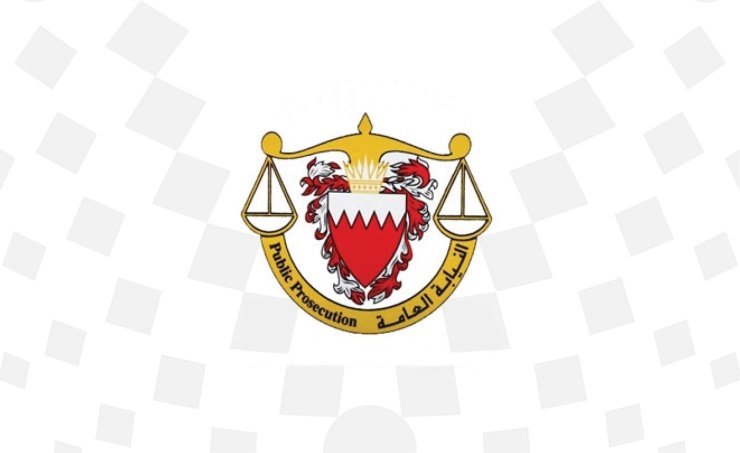Manama : The Cybercrime Prosecution has completed its investigations on remarks and recordings posted on social media that infringe on the foundations of the Islamic religion and defame prophets.
Cybercrime Prosecution Chief said that those responsible for the posts had been referred to the Lower Criminal Court, where they will stand trial on February 21.
Details of the case reveal that the Public Prosecution had received two reports from the Ministry of Social Development and the Cybercrime Directorate at the Ministry of Interior indicating that three members of a society in Bahrain had posted a number of remarks and broadcast a series of episodes dealing with Quranic miracles, stories of the prophets, and the Prophet’s biography.
The suspects tackled Quranic miracles, stories of the prophets, and the Prophet’s biography, and exchanged ideas on them in a way that prejudiced the foundations and principles of the Islamic Religion, according to the opinion of the Supreme Council for Islamic Affairs in this regard.
The Public Prosecution launched its investigations by downloading the remarks and recordings circulating on social media, examining and analysing the comments of the followers, and interrogating the suspects.
Investigations proved the charges against the defendants, as they were skeptical while reviewing and interpreting holy Quran verses, the stories of prophets and Quranic miracles, deliberately undermining the basics of the Islamic religion on which all Muslims and sects agree.
They also exchanged ideas aimed at casting doubt on the Prophet’s Message and biography, as well as the Quranic miracles, undermining strong belief in them as one of the pillars and fundamentals of the Islamic Religion.
In this regard, the Public Prosecution affirmed that freedoms of opinion and academic research are guaranteed to all as per the Constitution and the law, and that every person has the right to express their opinions and publish them verbally, in writing, or otherwise, provided that the foundations of the Islamic Religion are not prejudiced.
Any conduct or opinion that go beyond these limits violate the right of expression and its norms, and necessitate referring the violators to courts, in accordance with the provisions of the law, the Public Prosecution added.


